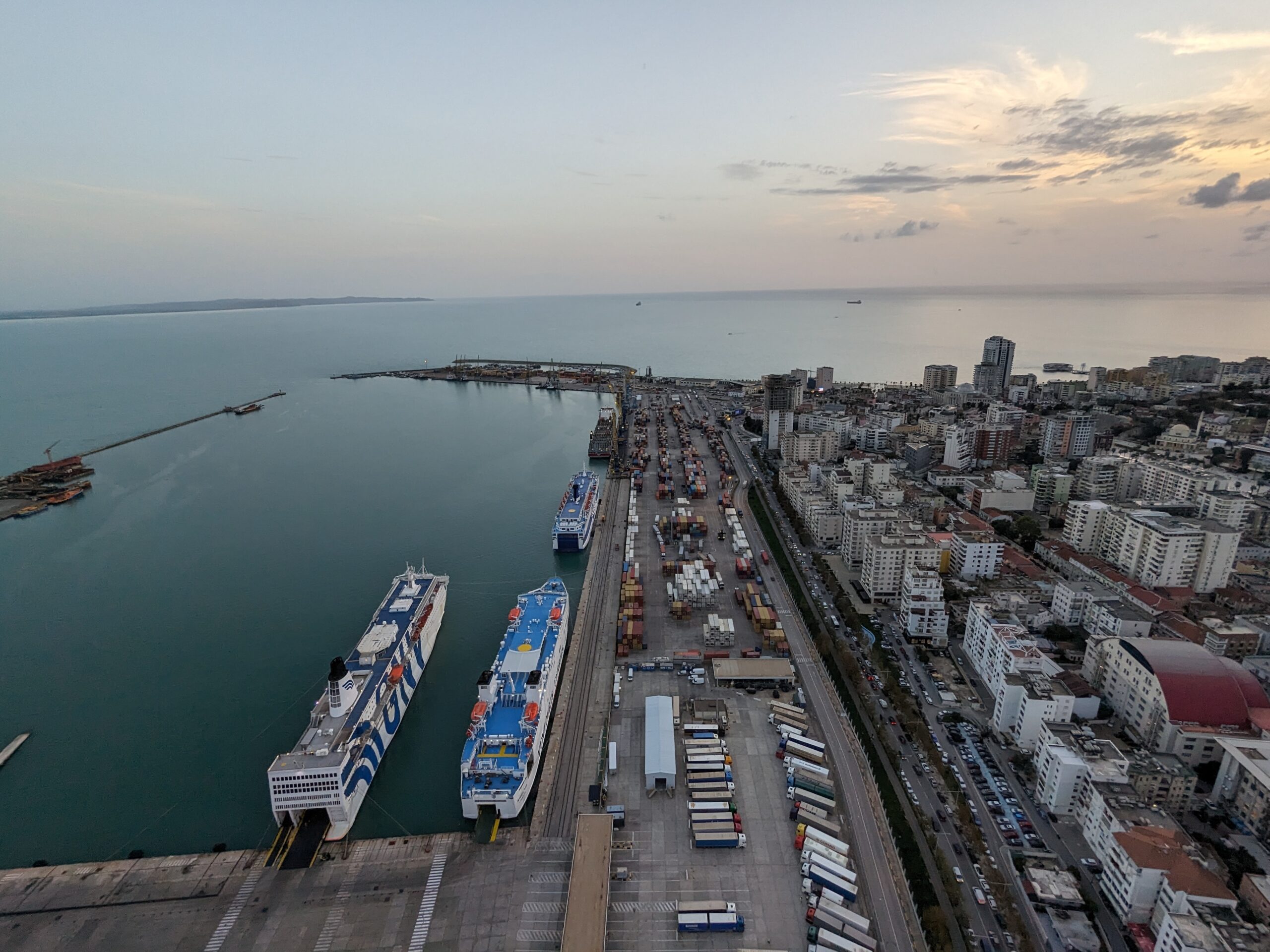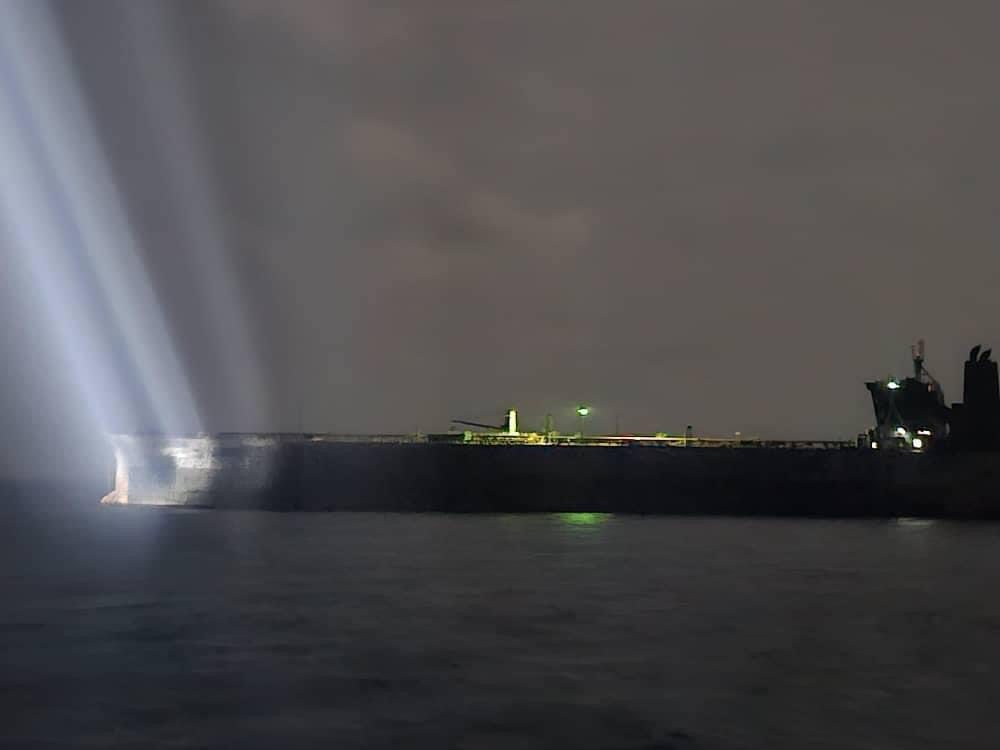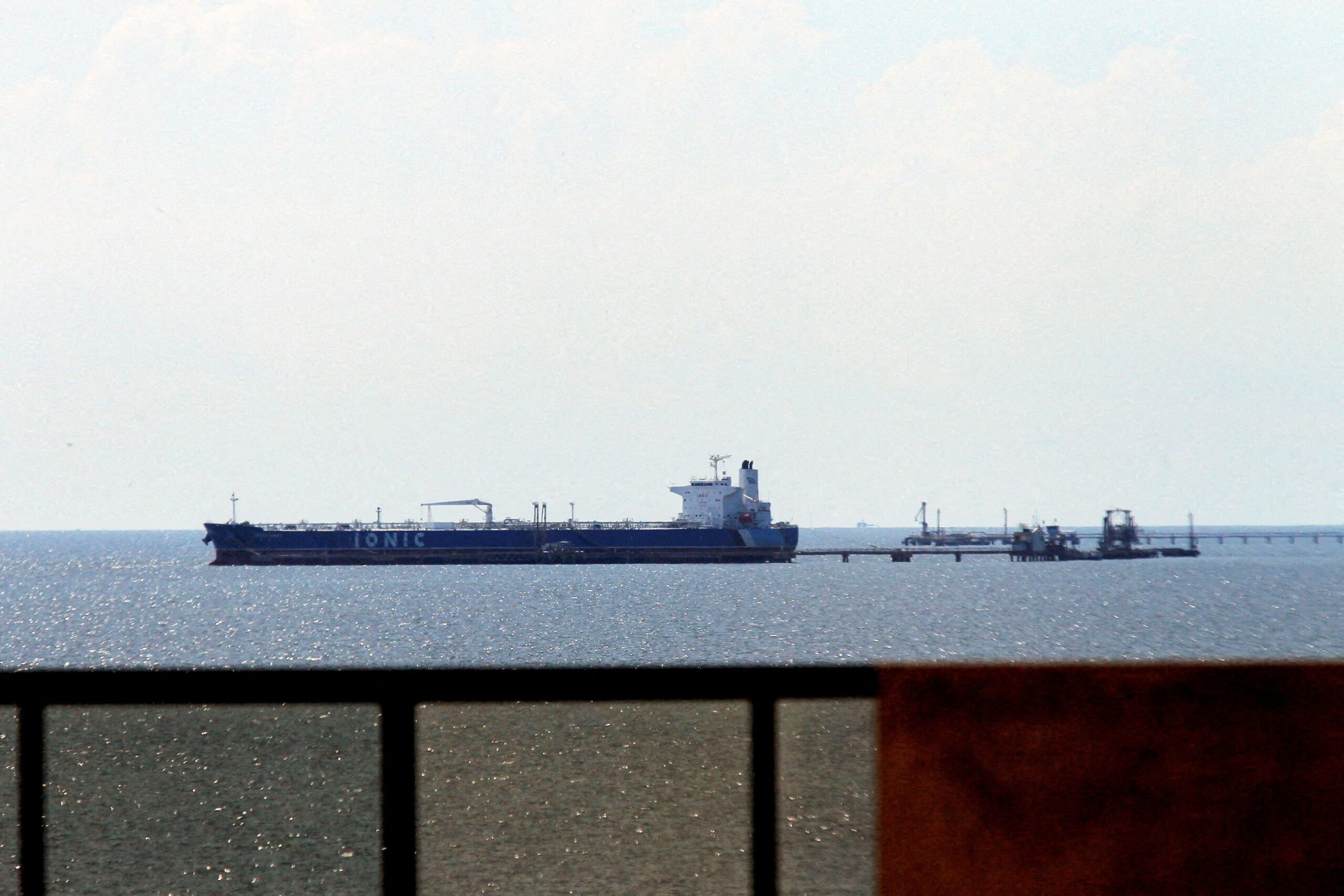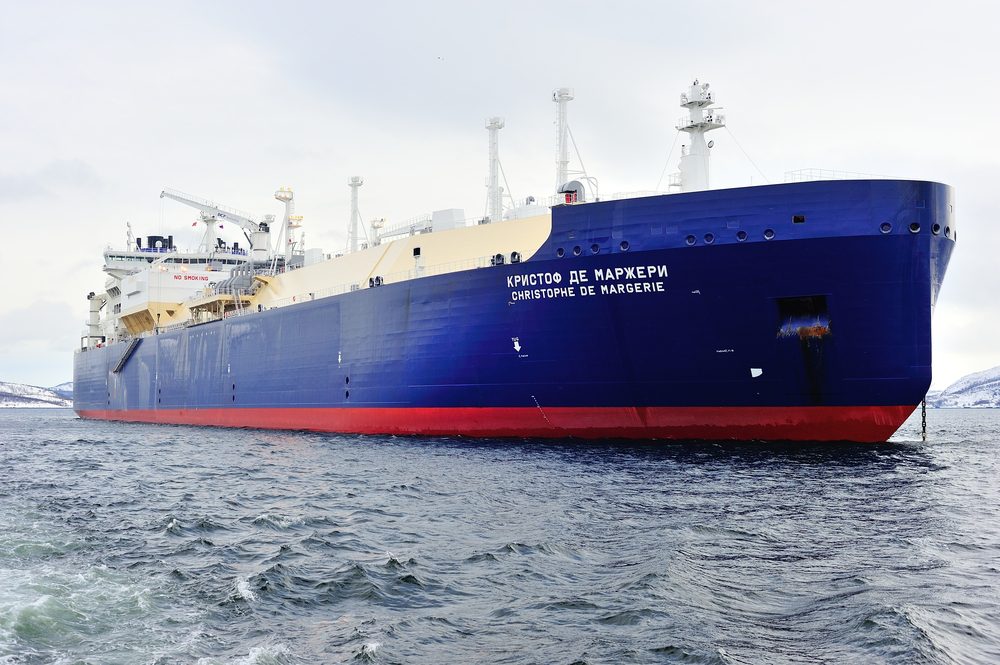By K. Oanh Ha (Bloomberg) —
Albanian prosecutors ordered that containers filled with suspected hazardous industrial waste be seized after the cargo was forced to return to Europe from Southeast Asia.
The prosecutors’ order Sunday directed customs authorities and the police to confiscate 102 containers for criminal proceedings.
The containers, which arrived at Durres’ port early Monday morning, caused a global outcry after they were shipped from there in early July bound for Thailand.
Seattle-based Basel Action Network sounded the alarm that more than 800 tons of electric arc furnace dust was being illegally transported after it received a tipoff. The organization alerted border and environmental authorities in multiple countries, sparking a race to stop the delivery.
The shipments attracted international scrutiny because Thailand and other Southeast Asian countries have seen an influx of trash from developed countries, from dirty plastic to industrial and electronic waste. The illegal trafficking of waste worldwide generates as much as $12 billion annually, according to the Financial Action Task Force, an international policymaking watchdog.
Under the United Nations Basel Convention — a global pact signed by many developed economies — countries need to give consent for waste to be sent their way. Thai authorities said they hadn’t authorized the shipments and warned they wouldn’t allow entry.
The cargo has also ignited controversy in Albania. Prime Minister Edi Rama has weighed in and Albanian law enforcement is now carrying out investigations with the European Union Anti-Fraud Office on how the cargo was transported from its port without authorization.
The prosecutors’ seizure order cited criminal codes that prohibit unlawful export and forgery of official documents. It called for the containers to remain sealed and under 24-hour camera surveillance.
Albania’s Tourism and Environment ministry had previously told Bloomberg the agency hadn’t given authorization for the export of the alleged hazardous waste. The ministry confirmed the seizure order and is cooperating with the public prosecutors’ office, which also seized official ministry documents related to the containers, according to tourism and environment spokesman Erjon Uka.
This summer, the containers left Durres on two separate shipments that were transported by A.P. Moller-Maersk A/S and MSC Mediterranean Shipping Company SA cargo vessels. The containers were shipped by Albanian firm Sokolaj Sh.p.k., which listed the contents as iron oxides and hydroxides, according to a customs form seen by Bloomberg. Sokolaj didn’t respond to requests for comment.
Maersk said none of the containers it carried were declared to contain hazardous waste, which the company would have declined. MSC declined to comment. Once the ships left Durres and the alarm was sounded, government agencies in South Africa, Singapore and Thailand worked to halt the cargo.
As the ships neared Cape Town, South African officials tracked the vessels and put a plan in place that included the navy, police, port authorities and the environment department to conduct a full inspection when the ships docked. But Maersk told South Africa the ships weren’t scheduled to dock there and would continue on their way to Singapore.
When the shipments reached Singapore in August, where they were supposed to be transferred to other vessels bound for Southeast Asia, port officials worked with the shipping lines to send them back to Europe.
On hand at Durres port to meet the containers’ return was Jim Puckett, Basel Action Network’s executive director who flew in over the weekend. He’s urging the country to ban the export of waste to developing countries.
Puckett also called on Albanian authorities to send samples of the cargo’s contents to independent labs to ensure a transparent testing procedure. “It will be too easy otherwise for people to say the government did not tell the truth about the results,” he said.
© 2024 Bloomberg L.P.

 Join The Club
Join The Club











